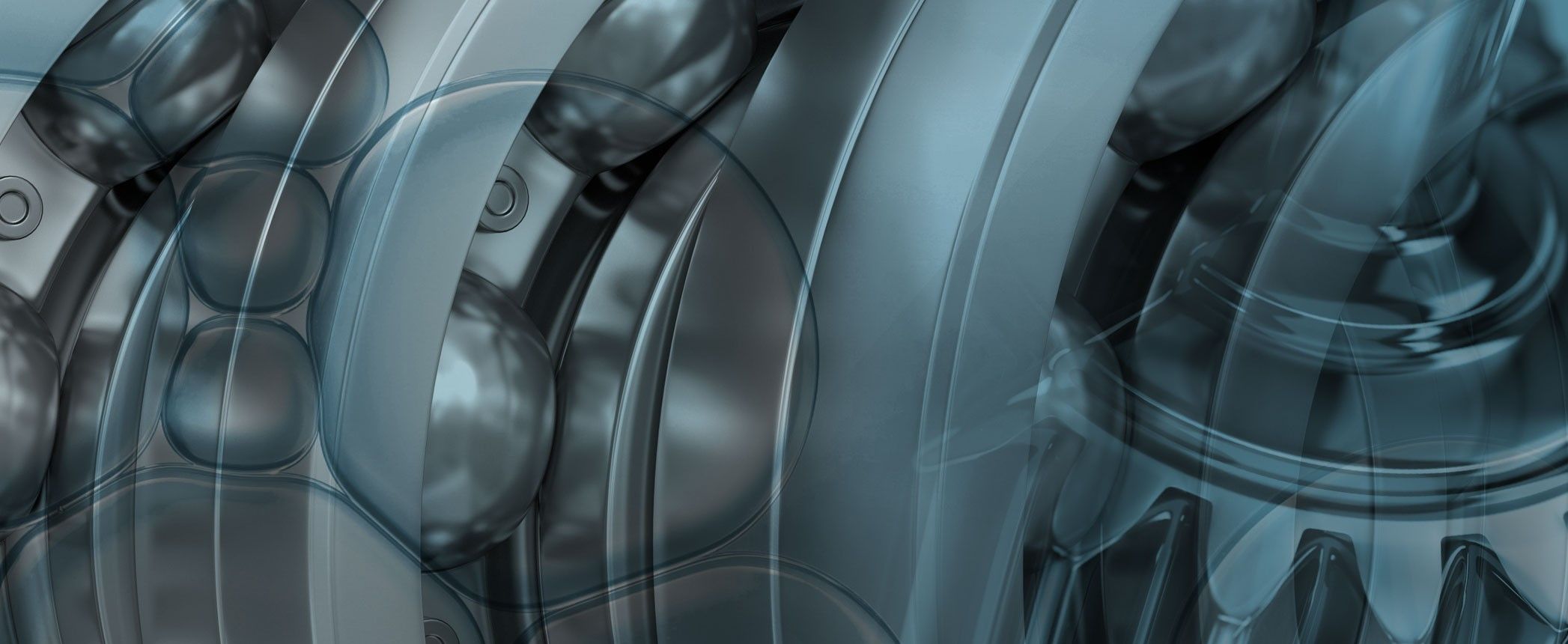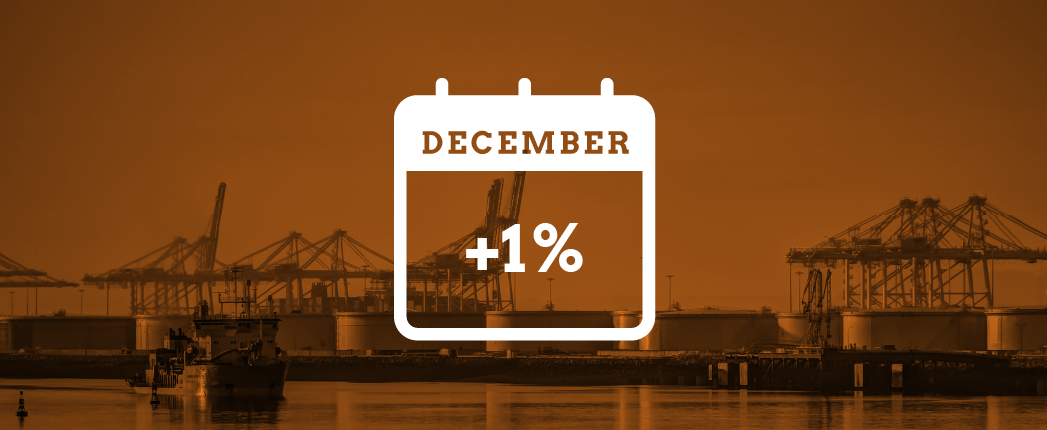Volume 5 Issue 11

War Impacts Ukraine Blenders
March 15, 2022As Russian forces continue to batter Ukraine, it’s no surprise that Ukraine’s lubricant industry is being impacted. Manufacturing plants in proximity to fighting have evacuated staffs and halted operations, but facilities located away from these zones are operating normally, an industry source said. The country depends largely on imports of base oils as well as finished lubes and other petroleum products. The invasion has made supply of those materials precarious, though the impact has been ...

Al-Manar Opens Lube Plant in Egypt
March 15, 2022Al-Manar, an Egyptian automotive parts dealer and lubricant blender, announced it started operations at a new production facility last week. The plant has capacity to make 50,000 metric tons per year of lubricants.

France Lube Sales Up in 2021
March 15, 2022Lubricant sales in France were up slightly for 2021 and in December, compared to the same periods in 2020, according to an industry association’s data, with a strong rebound in spring and early summer giving way to somewhat slower demand in the year’s second half.
From Other Editions of Lube Report
March 15, 2022Thailand Wants Biolubes Industry
Briefly Noted
March 15, 2022OQ Chemicals on March 14 said it raised prices on neopentyl glycol – a polyalcohol used in manufacturing synthetic lubricants – in Europe by €470 per metric ton for slurry and €520/t for molten or flakes. For the rest of the world – outside of Americas and Mexico – prices increased $530/t for slurry and $570/t for molten or flakes.